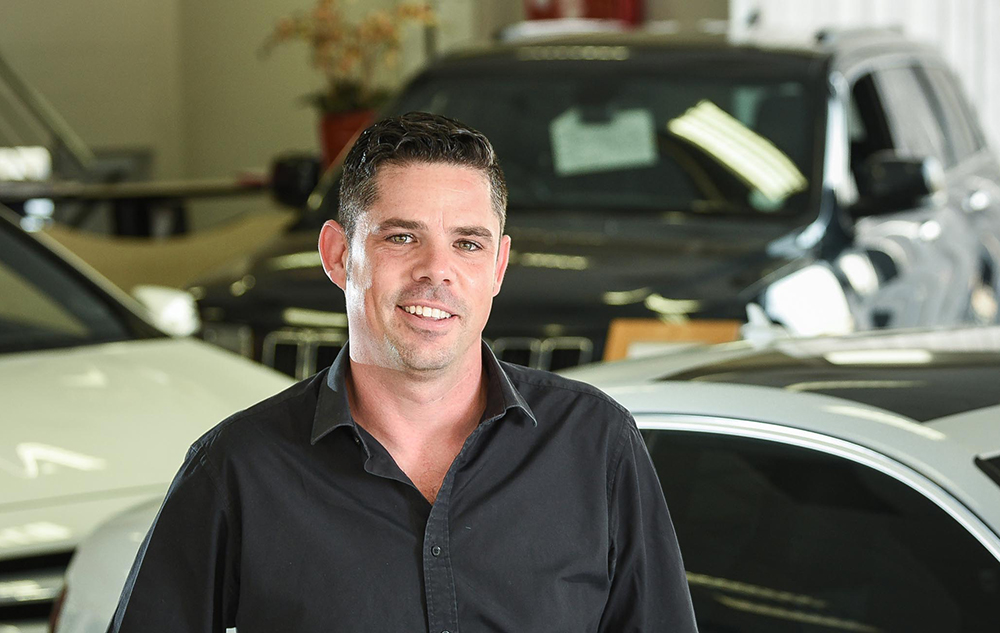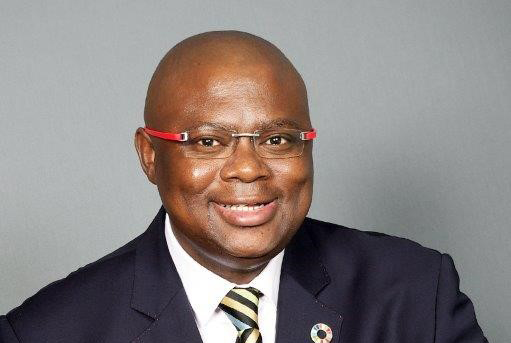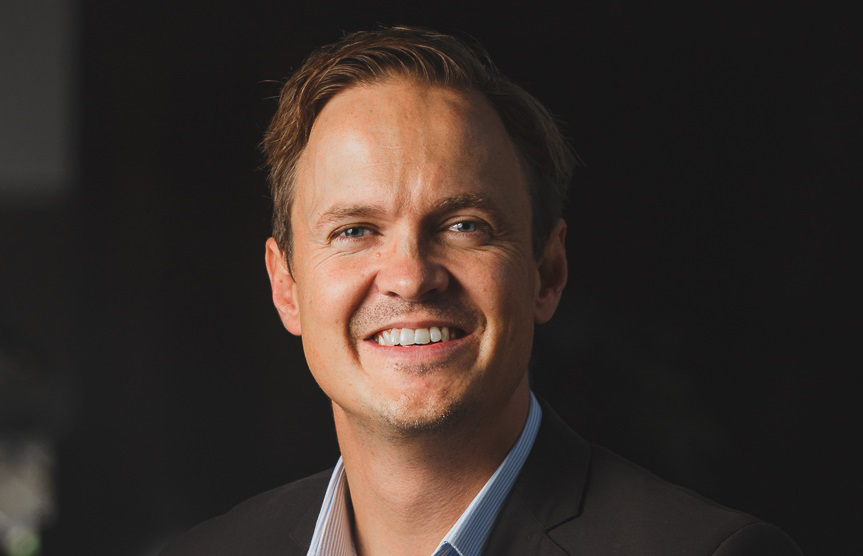Mike Mabasa is the Chief Executive Officer at NAAMSA
SPONSORED
This Webinar was hosted by the Mail & Guardian and Absa. It featured Faisal Mkhize, Managing Executive, of Absa Vehicle and Asset Finance; Mike Mabasa, Chief Executive Officer of the National Association of Automobile Manufacturers of South Africa; Mark Dommisse, Financial Director of the Mekor Motor Group; and was facilitated by Michael Avery, Anchor for Classic Business.
There has been a 25% decline in the automotive sector thus far compared to last year, which will have a major impact and may lead to job losses. The automotive industry was in decline even before the Covid-19 crisis, due to environmental concerns and a reduced demand for vehicles because of services such as Uber.
South Africa hosts seven global brands, of which 64% is for export purposes. Any changes in the world, such as the present crisis, affects exports directly; it is a very interlinked industry. Local manufacturers, which contribute 7% of the country’s GDP, and employ over 100 000 people, are engaging with government to see how they can weather this storm.
 Mark Dommisse is the Chairperson of the National Automobile Dealers Association
Mark Dommisse is the Chairperson of the National Automobile Dealers AssociationForeign markets are also in crisis; the tourism industry is still not operating. We export about 11% of what we produce into the rest of Africa, so the proposed pan-African trade system is very exciting; there is a lot of potential and opportunities in this market.
There are four key performance indicators in the manufacturing part of the automotive industry:
- Production: will targets still be met? Are we on track with the automotive development programme?
- Exports: South Africa is trading with 151 different markets
- Imports: We need to check if numbers have gone up or down or remained flat
- Domestic vehicle sales: Are people earning enough to buy new vehicles?
A report has been drawn up to examine the viability of making electric vehicles in South Africa, whether demand can be stimulated for them, and to ensure that there is a standard charging network that works for all electric cars. There is a lot of focus on this area right now in the local industry.
The consumer
Asset finance has also been hard hit, as sales have slumped, but the consumer is still under pressure, and 42% have asked for relief, for a period of three months at least. Buying a car is for most South Africans their second-biggest acquisition, but because we are in a recession, most people don’t have much disposable income.
 Faisal Mkhize is the Absa Group’s Managing Executive of Vehicle & Asset Finance
Faisal Mkhize is the Absa Group’s Managing Executive of Vehicle & Asset FinanceMany people want to buy down or restructure, but as most people are reliant on their cars to get around, newer cars are still in demand, and some people are buying cars — the depreciation of the rand has helped in this regard.
As many rental fleets are no longer operational, their cars are entering the market in big numbers, and there is huge opportunity for people to buy these cars at good prices and get mobile; rental cars are usually very well maintained.
Dealerships
South Africa’s car dealerships have been devastated by the crisis. They are very asset-intensive businesses, they have lots of debt and they rely heavily on sales. Dealerships are now open, but they have had to rely on support from manufacturers, banks and their landlords. Dealerships have also been helped by interest deferral, to help them through this trying period.
There will probably be a U-shaped or L-shaped recovery, and a lot depends on what happens this month, but we may come out of this quite strongly. About R5-billion in relief has been made available to dealerships, and there has been good take-up on the initiatives offered, both in South Africa and Africa. Many dealerships have challenges of liquidity, so we have asked government, which supports this industry heavily, for deferrals on debt; we are also in talks with the International Finance Corporation.
 Michael Avery, Anchor of Classic Business, Classic 1027
Michael Avery, Anchor of Classic Business, Classic 1027There are many cars that need to be serviced because they couldn’t be under lockdown, and the industry is relatively positive about the workshop stream at the moment. There may be a future challenge with parts, but it’s not a crisis at this stage. Dealerships are easy to sanitise, and we deal with customers by appointment only. All customers are screened, and as premises are not packed, there is no social distancing issue. Most of the sales process is now online until the last part, where you actually physically encounter your new car and kick its tyres, and this trend is growing. The dealerships of the future will be around the workshop, for servicing, and the idea is to make this process painless and seamless.
There are a lot of SMME dealerships out there and they play a huge role in communities. If we can get back up to 90% of where we were, we will be very happy; political stability in South Africa will help immensely.
For more information visit:
https://www.absa.co.za